Blog Page
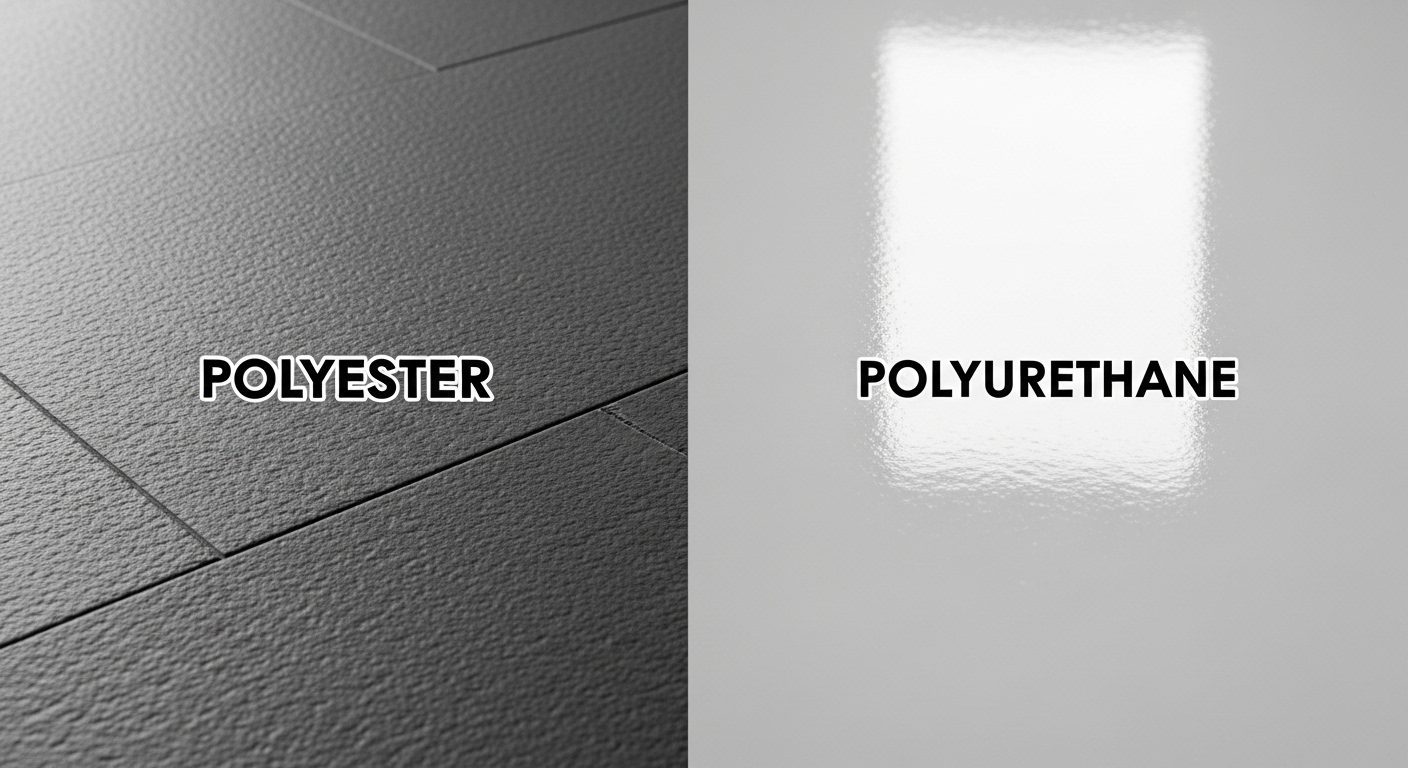
Polyester vs. Polyurethane Flooring in Kenya: Which Is Best for Your Facility?
Introduction
Choosing the right industrial flooring—polyester or polyurethane (PU)—can significantly affect your facility’s safety, durability, and operational efficiency. Whether you manage a food plant, warehouse, or cold storage, this guide will help you compare both flooring types to make an informed decision.
Polyester Flooring: Pros & Cons
Pros:
- High chemical & abrasion resistance – Ideal for food processing, pharmaceuticals, and heavy industry.
- Fast curing – Minimises downtime with a quick return to service.
- Cost-effective & low maintenance – Offers a long lifespan with minimal upkeep.
- FDA/USDA compliant – Suitable for hygienic environments like dairy and meat processing plants.
Cons:
- Less flexible – Not ideal for high-movement areas or fluctuating temperature conditions.
- Strong odour during installation – Requires professional ventilation.
Best for: Food factories, chemical processing zones, and high-traffic industrial areas.
Polyurethane Flooring: Pros & Cons
Pros:
- Superior flexibility – Resists cracking in freezing chambers and outdoor areas.
- Excellent UV resistance – Prevents yellowing in sunlight-exposed zones.
- Slip-resistant & ergonomic – Comfortable for workers standing long hours.
- Wide chemical resistance – Handles exposure to oils, solvents, and hot water.
Cons:
- Moisture-sensitive installation – Requires strict environmental control.
- Higher upfront cost – More expensive than polyester initially.
Best for: Cold storage, multi-storey car parks, laboratories, and sports facilities.
Quick Comparison Table
| Feature | Polyester Flooring | Polyurethane Flooring |
|---|---|---|
| Chemical Resistance | High (acids, caustics) | Excellent (oils, solvents, hot water) |
| Flexibility | Rigid | Highly elastic |
| UV Stability | Good (with blends) | Excellent (aliphatic PU) |
| Installation Complexity | Fast cure, strong odour | Moisture-sensitive, longer cure time |
| Cost | More affordable | Higher initial cost |
Anti-Slip Flooring Solutions in Kenya
Both polyester and polyurethane can be enhanced with anti-slip aggregates like #16 silica sand or aluminium oxide. These are ideal for:
- Food processing plants
- Warehouses & logistics centres
- Commercial kitchens
- Outdoor & wet-prone areas
How to Choose the Right Flooring
Before deciding, assess your facility’s unique conditions:
- Traffic load: Foot traffic, forklifts, vehicles
- Chemical exposure: Acids, oils, cleaning agents
- Temperature fluctuations: Freezers, hot washdowns, UV exposure
- Budget vs. lifecycle cost: Upfront price vs. long-term maintenance
Need Expert Advice?
Book a Free Site Assessment with Synresins Kenya for tailored flooring solutions built to withstand your operational demands.
Why Choose Synresins Kenya?
- Local expertise in industrial resin flooring
- Custom anti-slip coatings for safety compliance
- End-to-end installation and support
Get started today!
Contact Us |
Follow us on Facebook
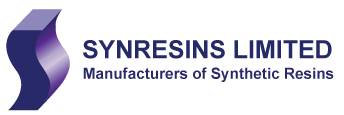


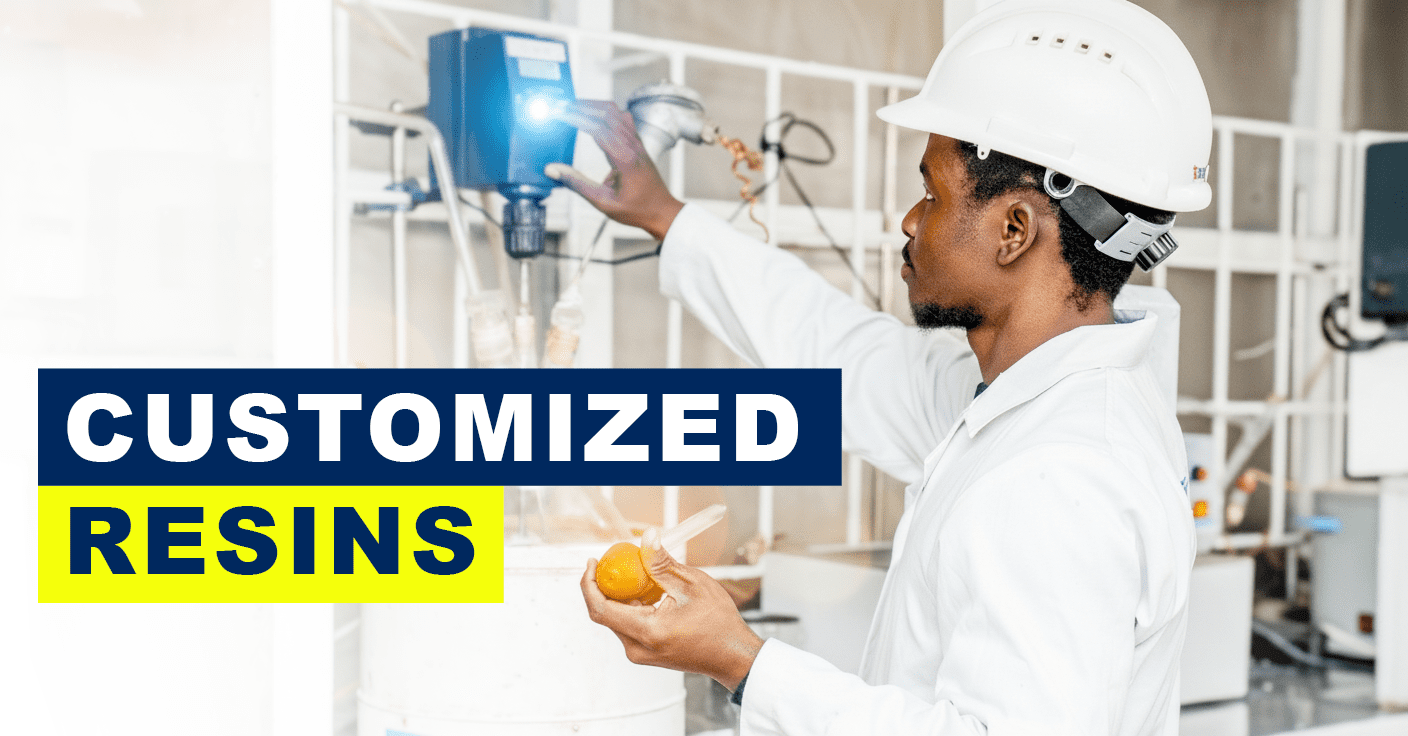
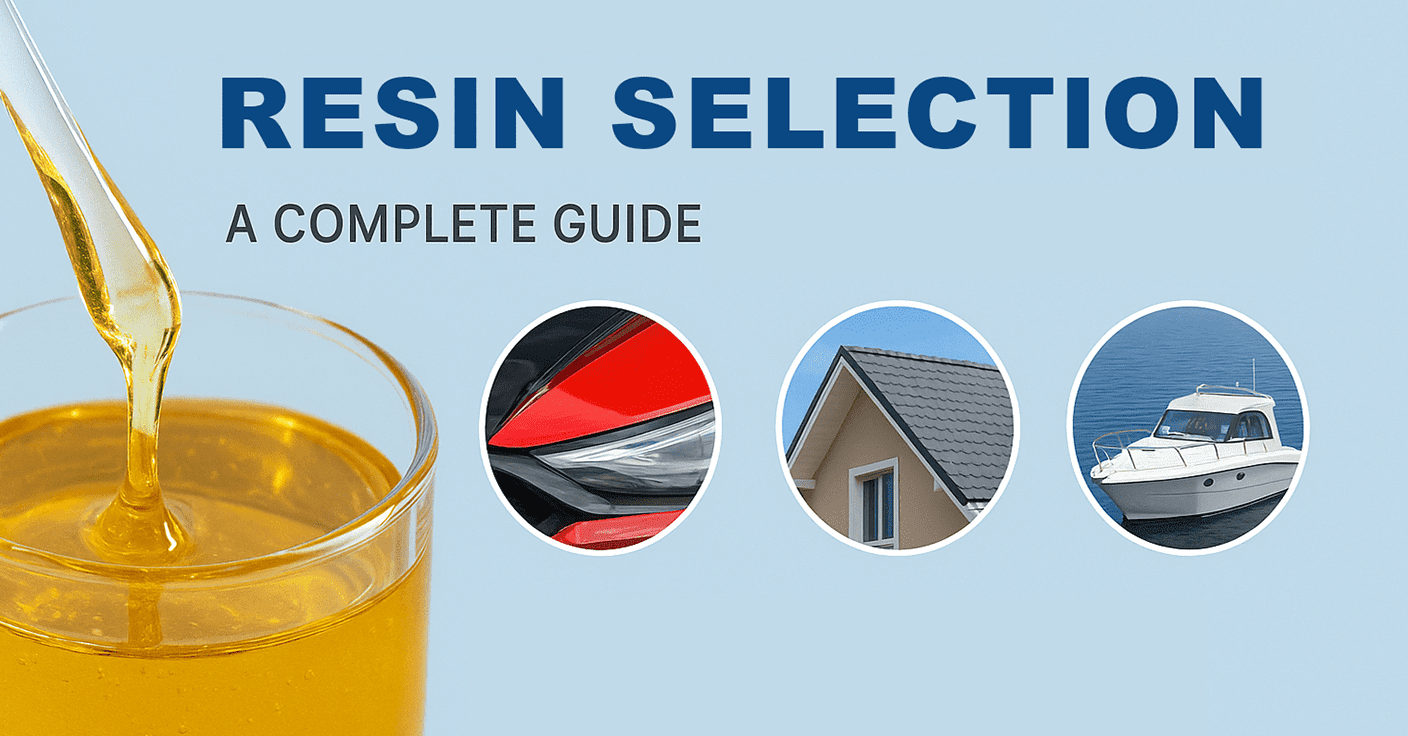
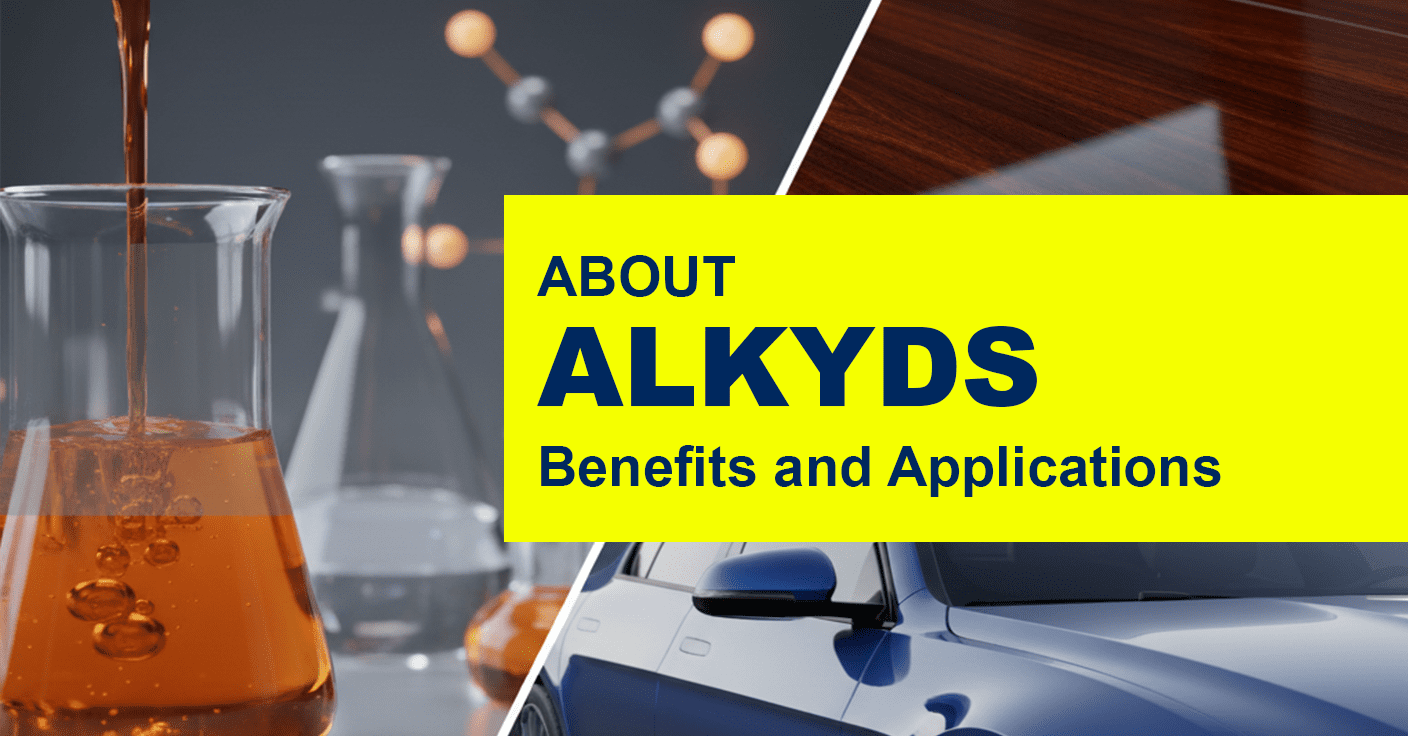
1 comment on “Polyester vs. Polyurethane Flooring in Kenya: Which Is Best for Your Facility?”
Ibrahim
Great.